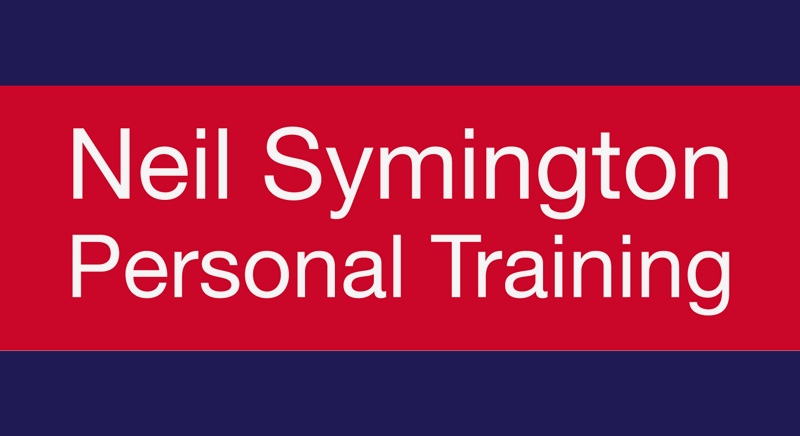How Does Alcohol Effect Exercise?
A pic sent to me by one of my trainees on a night out.
The bottom line is that exercise and alcohol just doesn’t mix. Booze has many negative effects on training and I will outline them below.
Weight Gain
All alcoholic drinks are high in calories and very high in sugar. This will make you put on the pounds. Also, if you get a hangover after heavy drinking it is very difficult to keep your discipline with healthy eating. (I know this from bitter experience!) When you are “hanging” your body is craving liquids because you will be seriously dehydrated. It will also crave energy (in the form of simple carbohydrates), because it is working super hard to get rid of all the toxins that are present in the booze.
It is worth remembering that most beers / lagers contain about 200 calories per pint. A glass of wine is around 150 calories and spirits can range from 100 to 300 calories depending on the mixers. I challenge my trainees to count there drinks when they go “out out'“ and they are horrified when the discover how many calories they’ve consumed from alcohol. Plus a night out on the booze is usually accompanied by rich calorific food at some point too.
You can not burn off the excess calories consumed from regular drinking through exercise. You will put on weight.
Fatigue
Drinking interferes with your sleep and reduces the quality of your sleep. You will get hardly any of the super beneficial deep sleep after boozing. This increases the production of the stress hormone cortisol which in turn inhibits the production of human growth hormones and testosterone. Both are crucial for post exercise recovery and muscle development.
Also, because your liver is working hard hard to get rid of all the toxins (as mentioned above) and this is very stressful for the body and requires a lot of energy. This, plus the lack of quality sleep, increases tiredness.
Hearty Rate
Another side effect from excessive alcohol consumption is the disruption in your sleep can cause arrhythmias, which are unusual heart rhythms. These can potentially be very serious. The risks vary, depending on the individual, but if you are very over weight, have heart disease or high blood pressure your risk factors are much higher.
Dehydration
The ethanol in booze makes you go to the toilet more causing your body to lose salts and body water. Severe dehydration can be life threatening but moderate dehydration due to “over doing it'‘ will make you feel lethargic, sick and can give you a severe headache (the dreaded hangover).
Anxiety
It must be remembered that alcohol is a depressant. If you consider this together plus the general feeling of “rubbishness” you get after heavy drinking and the dreaded hangover, it usually leads to anxiety (known as hangxiety). After boozing the body is in a state of flux and trying to get back to equilibrium therefore, it is very common for your state of mind to suffer too.
Injury Recovery
After drinking you will experience “vasal dilation” which in layman terms means your blood vessels will open up. If you are carrying an injury this process will increase bleeding and bruising which will make the injury worse not better.
Considering all these issues here are my recommendations to limit the negative effects.
Drink Moderately
If you stay within the healthy guidelines of 14 units a week for men and women you really don’t need to worry too much. if you are only going to have a coulple of drinks then it won’t cause you a problem. However, if you are binge drinking (technically four units of alcohol or more in one sitting) then it’s a completely different story.
Have An Exercise Window
If you are going to be drinking heavily I suggest you avoid exercise the day you are going to drink and also the day after. This is so your body is not put under too much stress before and after drinking. It will then be able to concentrate on the natural biological process of riding the body of the toxins and recovering from the excess fatigue.
Basically, rest and let your body do its thing.
Hydrate
Drink plenty of fluids before and after drinking. Keeping your body hydrated will make you feel so much better and will speed up your recovery. Having adequate body water enhances the internal cell metabolism and biological processes needed to get you feeling 100% again.
Plan your Eating Around Your Drinking
Don’t drink on an empty stomach. You will feel shocking, you’ll get drunk so much quicker and you’ll probably do something embarrassing! Eat good nutritious food on the day you are drinking and the day after. This will give you plenty of the lovely healthy anti-oxidants you need to recover as quick as possible.
If You Must Exercise
Make sure it’s only at a very low intensity as you’ll get even more fatigued and you’ll also run the risk of getting ill or injured.
Summary
Alcohol is the oil that greases the wheels in social situations. As the saying goes; a little of what you fancy does you good. However, if you drink too excess on a regular basis it will have a considerable detrimental effect on your waist line, your mindset, your fitness and your bank account (if you’re going “out out”)… Don’t do it!
Neil

